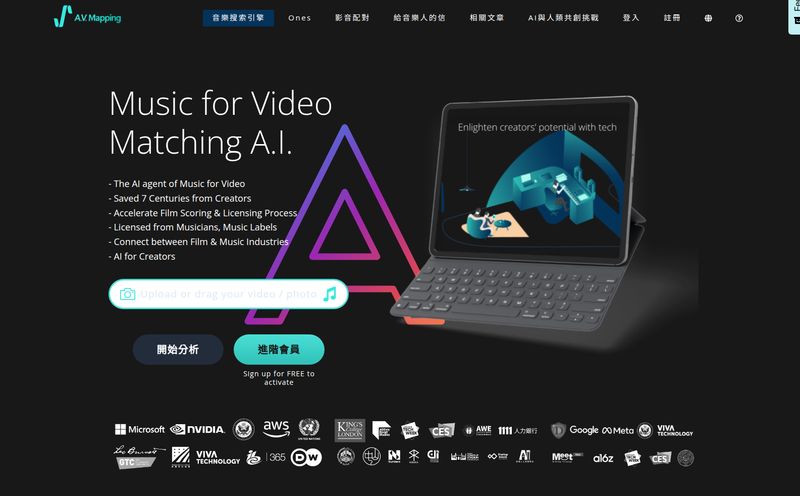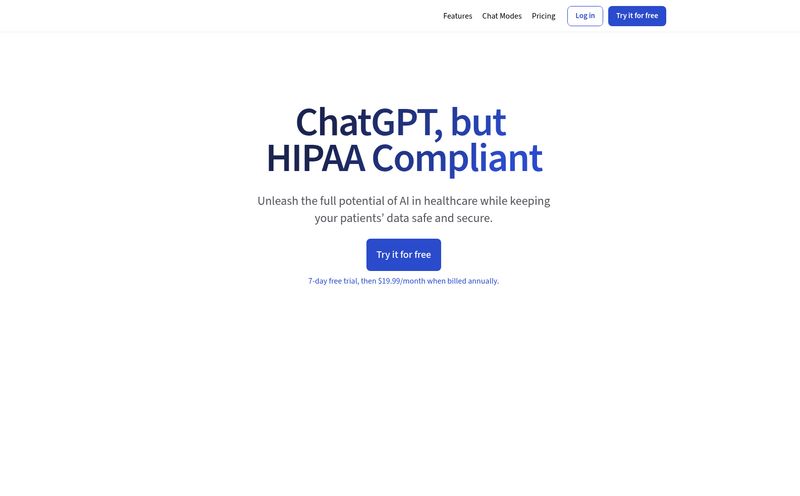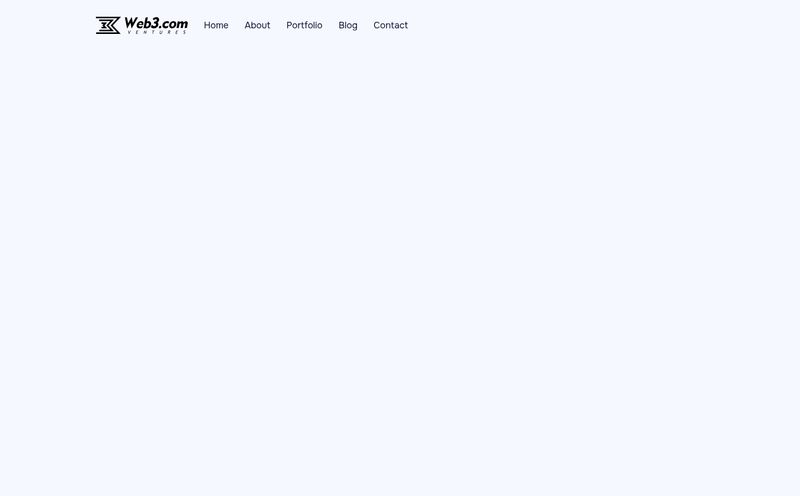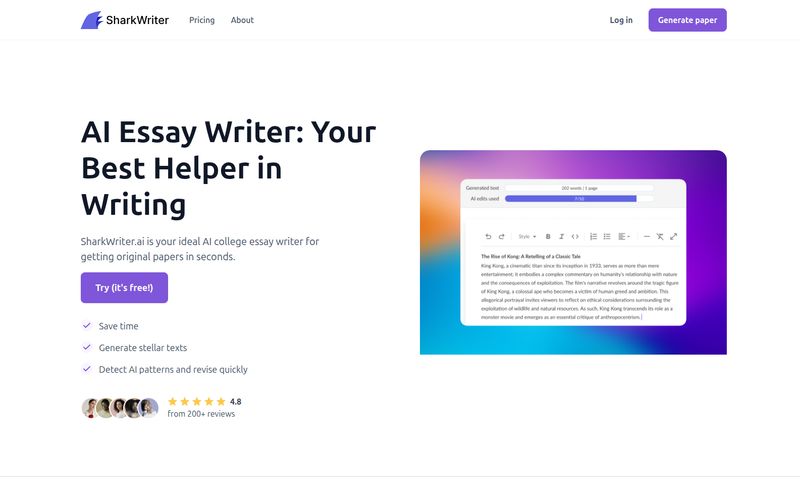The internet feels a bit like the Wild West again, doesn't it? Every time I scroll through my feeds, I’m playing a game of “real or fake?” That photo looks a little too perfect. That video clip of a politician saying something outrageous sounds… slightly off. As someone who has built a career on creating and ranking authentic content, this new wave of sophisticated deepfakes and AI-generated media gives me a low-key headache.
Our entire industry—SEO, content marketing, digital publishing—is built on a foundation of trust. Google’s whole E-E-A-T (Experience, Expertise, Authoritativeness, and Trustworthiness) concept is basically them shouting from the rooftops that they want to reward real, reliable stuff. But how do you prove something is real when fakes are getting so ridiculously good?
So, when I stumbled upon a platform called Layla Network AI, my curiosity was definitely piqued. It makes some big claims about using AI and blockchain to sniff out fakes and authenticate media. A digital bloodhound for the truth? Sign me up. But as we know, in the world of tech startups, promises are easy. Delivery is hard. So I decided to take a closer look.
So, What is Layla Network AI Anyway?
At its heart, Layla Network AI positions itself as a high-tech verification service. Think of it as a digital forensics lab for your files. You upload a piece of media—an image, a video, a document—and its AI gets to work, analyzing it for signs of manipulation or deepfakery. It’s designed to be a weapon in the fight against the rising tide of disinformation that’s making our jobs (and our lives) more complicated.
What makes it stand out from the pack, at least on paper, is its two-pronged approach: powerful AI analysis combined with blockchain integration. The idea is that the AI does the detecting, and the blockchain provides a tamper-proof certificate of the result. It’s an interesting combo, trying to solve a very 21st-century problem.
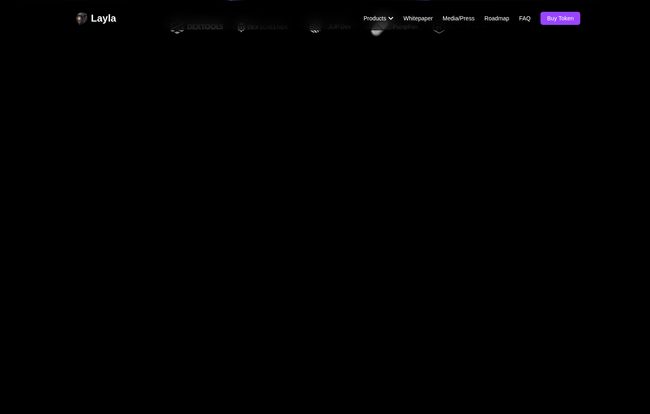
Visit Layla Network AI
Putting Its Features Under the Microscope
A tool is only as good as its features, right? Layla talks a big game, so let's break down what it actually offers.
Deepfake Multimedia and Document Analysis
This is the main event. We're not just talking about catching funny face-swap videos. The potential applications here are pretty serious. Imagine being able to verify user-submitted content for a news site, or confirming that a legal document hasn't been subtly altered. In a world where a single fake image can tank a stock or ruin a reputation, a reliable detector is more than just a novelty. It's a necessity.
The “Magic” of AI-Powered Analysis
Layla touts its “state-of-the-art AI” as the engine behind its detection. Now, I’ve been around the marketing block long enough to know that “state-of-the-art” can mean anything from genuinely groundbreaking to just… standard. The platform promises detailed score reports and analytics, which I love. I don’t just want a “yes/no” answer; I want to see the data. Show me the artifacts, the inconsistencies, the pixels that gave the game away. This is where the real value lies for professionals who need to justify their conclusions.
Blockchain for an Unbreakable Seal of Trust?
Okay, the word “blockchain” can make some people’s eyes glaze over. Forget Bitcoin for a second. In this context, think of it as a permanent, unchangeable notary public. When Layla analyzes a file, it can hypothetically log the result (e.g., “This file was analyzed on this date and found to be 99% authentic”) onto a blockchain. That record can't be edited or deleted. It's a powerful way to create a verifiable chain of custody for digital assets, which is pretty cool if you ask me.
My Honest Take: The Good, The Bad, and The… Murky
No tool is perfect, especially one that’s relatively new on the scene. After digging around, I've got a few thoughts. Let's start with the good stuff.
What I'm Genuinely Excited About
First off, the promise of a free file analysis option is a fantastic move. It lowers the barrier to entry and lets everyday people (and skeptical bloggers like me) test it out without whipping out a credit card. I’m also impressed by the claim that it supports a wide range of file formats. Nothing is more frustrating than having the perfect tool that doesn’t support the one file type you actually need to check. The emphasis on secure and reliable results, backed by comprehensive reports, is exactly what professionals in any field, from journalism to marketing, need. It's one thing to feel a piece of content is fake; it's another to have a report to back it up.
A Few Lingering Questions
And now, for the flip side. My biggest question mark, and it's a big one, is the pricing. Or the lack thereof. The website is cagey about costs, which is a bit of a red flag for any business trying to evaluate a new tool for their stack. Is it a per-analysis fee? A monthly subscription? Enterprise-only? This ambiguity makes it hard to gauge if it's a viable option for small businesses or individual creators.
Also, while the concepts of “state-of-the-art AI” and “blockchain integration” are compelling, the details are a bit thin on the ground. As a tech-savvy user, I want to know more. What models are they using? How exactly is the blockchain being implemented? Without more transparency, it feels a little like being asked to trust a “magic box.” Seeing some broken links and 404 pages on their site also tells me they might still be in the early stages of their rollout, which is fine, but something to be aware of.
Who Is Layla Network AI Actually For?
Despite the question marks, I can see a few groups of people who should be keeping a close eye on this tool.
- Journalists and Fact-Checkers: This is the most obvious group. Verifying sources and debunking misinformation is their entire job. A tool like Layla could become as essential as a word processor.
- Legal and Corporate Professionals: Authenticating digital evidence, verifying contracts, and protecting against corporate espionage through faked documents are all very real use cases.
- Content Marketers & SEOs: Here’s our angle. We're increasingly working with user-generated content, influencer media, and vast libraries of stock assets. How do we ensure it’s all legitimate? A tool like this could be part of a robust content verification workflow, directly supporting the “Trustworthiness” pillar of E-E-A-T.
- The Curious Public: For anyone who wants to check that weird image their uncle posted on Facebook, the free tool could be an invaluable resource for promoting basic digital literacy.
Final Thoughts: A Promising Tool for a Paranoid Internet
So, where do I land on Layla Network AI? I’m cautiously optimistic. The world desperately needs what it’s offering. The problem of digital disinformation isn't going away; it's accelerating. We need smart tools to fight back.
Layla Network AI seems to have the right ideas: powerful analysis, detailed reporting, and a forward-thinking use of blockchain for verification. But it still has to prove itself. It needs to be more transparent about its technology and, crucially, its pricing. The mention of a roadmap and press from outlets like Forbes and TechCrunch suggests they have momentum, but the execution will determine if they become an indispensable tool or just another interesting idea.
For now, I'm putting Layla Network AI on my “one to watch” list. It’s a step in the right direction, and in today's digital environment, every single step towards truth and authenticity matters. A lot.
Frequently Asked Questions
- What exactly does Layla Network AI do?
- Layla Network AI is a platform designed to detect deepfakes and manipulated media. You can upload files like images, videos, and documents, and its AI analyzes them for signs of alteration, providing a report on the file's authenticity.
- How does blockchain help in media authentication?
- Blockchain can be used to create a permanent, unchangeable public record of a file's analysis. This means once Layla verifies a file, it can create a timestamped “certificate of authenticity” that cannot be tampered with, adding a strong layer of trust.
- Is Layla Network AI free to use?
- The platform offers a free file analysis option, which is great for casual use or for testing the service. However, detailed pricing for more extensive or professional use is not publicly available at this time.
- What kind of files does Layla support?
- Layla claims to support a wide range of file formats for its analysis, including various types of multimedia files (videos, images) and documents, though a specific list is not provided on the site.
- Why is digital trust important for SEO?
- Google's search guidelines, particularly E-E-A-T, prioritize content that is trustworthy and authoritative. Using tools to verify the authenticity of your content (like images or sources) can help protect your brand's reputation and signal to both users and search engines that your site is a reliable source of information.
Reference and Sources
- Layla Network AI Official Website
- Google's Search Documentation on E-E-A-T
- MIT Technology Review: What is a deepfake?
